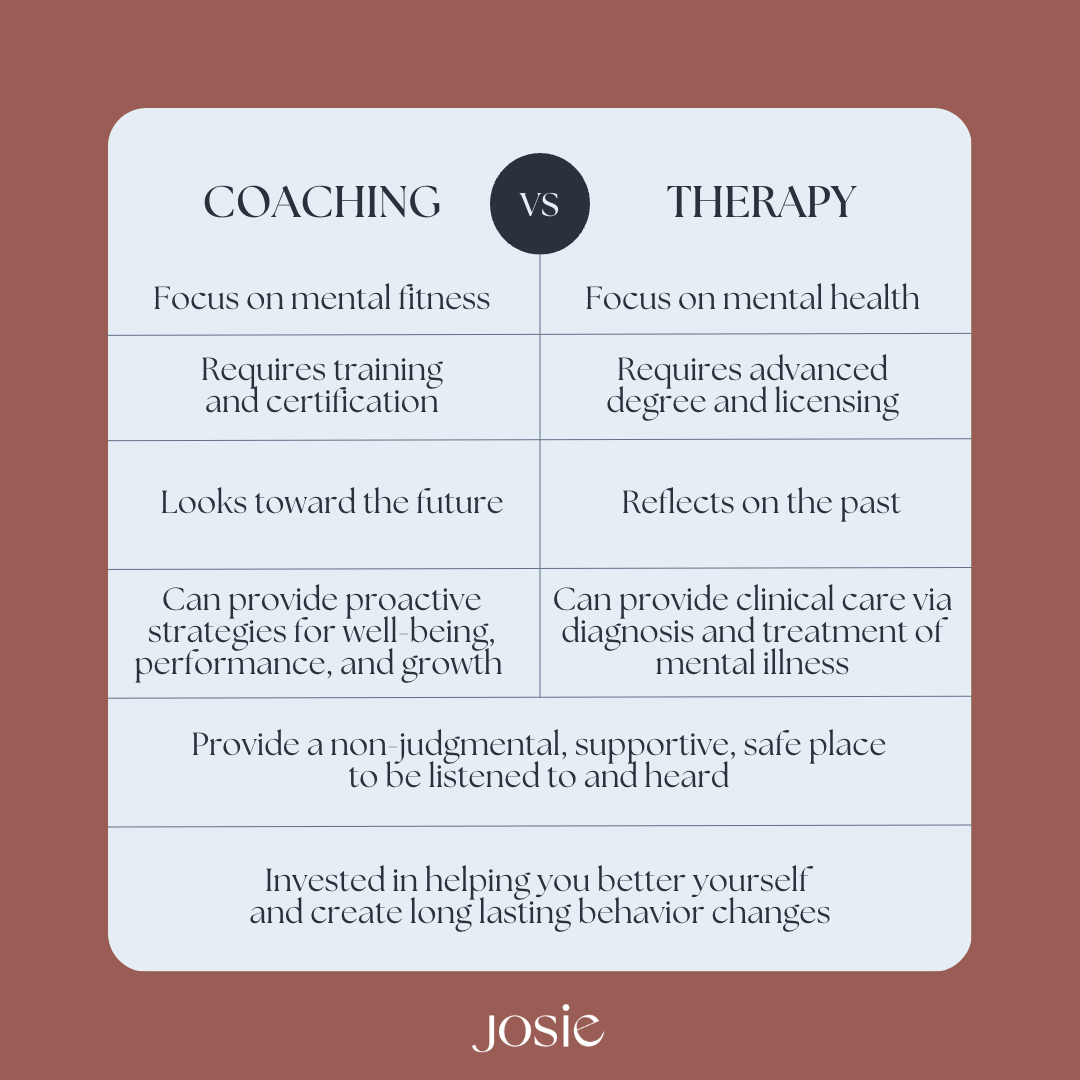

As October winds down and fall sports are in full swing (from pre-k to professional), we can’t help but think about teams and coaches. We know intuitively that a great coach is foundational to success (and we REALLY want our favorite teams to succeed!). In the sports world, great coaches are empathetic, knowledgeable, supportive, inspirational. Fans of Ted Lasso will no doubt recognize the significance of “believe.” The sign symbolizes Ted’s approach to life and coaching: to believe and persevere. Ultimately, a great coach’s significance is directly tied to their ability to extract greatness from others, motivating and supporting them to achieve a goal. But if we take a step back, we realize that these skills are not limited to the field/court/rink – the qualities that make an Olympic caliber coach can be transferred to so many other domains and areas of everyday life. As Ted tells reporter Trent Crimm in the first season of the show, “For me, success is not about the wins and losses. It’s about helping these young fellas be the best versions of themselves, on and off the field.”
Think about you and your career, family, network, etc. as your personal team. When we think about getting better at what we do or learning new ways to approach different situations, we start to recognize the important role coaches can play in helping to manifest an improvement – in helping our personal teams succeed, to become the best version of ourselves.
Dr. Atul Gawande highlights the importance of coaches in a 2017 TED talk. Looking at sports, even the greatest athletes in the world need a coach, so why shouldn’t we all have one if we are looking to improve? Dr. Gawande speaks specifically about professional improvement, but we can see how the same lessons can apply more broadly to all aspects of our lives. If we look at improving professionally, navigating career-related concerns, developing skills to manage stress, enforcing boundaries, proactively planning, or creating time and space for yourself, it is evident that the importance of coaching transfers to other fields. Dr. Gawande reflects that a great coach serves as “external eyes and ears, providing a more accurate picture of your reality.” In this way, a great coach provide objective perspective on issues or scenarios and can help you “execute on the fundamentals.”
When we reflect as adults on those who had profound impact on our lives, we often remember elder family members, teachers, and coaches – those with an ability to transform their lived experiences into knowledge they can pass along; someone who guided us on our own journey to greatness.
Someone who is compassionate and empowering, showing you how to “believe in hope… believe in belief” (Ted Lasso, Season 1).
They give the final push as you (and your team) step into the light.
To persevere: believe in yourself and believe in your team.
Because caregiving is a team sport.
Let’s examine one kind of caregiver: parenting, for example. Our parenting teams include partners, family and friends, neighbors, nannies and caregivers. As parents, a great coaches can come in the form of grandparents, OBGYNs and pediatricians, lactation consultants and doulas. As working parents, our teams can expand to include our employers, managers, coworkers, and Josie… Coaches can help you bridge major life transitions (like having a baby!) by navigating workplace dynamics, “executing on the fundamentals” of managing stress and avoiding burnout, and guiding your personal vision.
We understand that coaching can be a new concept to many people. What is the difference between coaching and therapy? The two approaches are complementary, with important distinctions. The graphic below comparing coaching and therapy is a helpful primer.

A great coach can help your team succeed, whatever that looks like to you. Whether you are looking to improve professionally, learn tangible coping skills,or manage a transitional life moment, a coach can help guide you through the complexities. A great coach meets you where you’re at, empower syou to push past the tumbleweeds, persevere, and achieve success. As Atul Gawande points out, even the best in the world – from athletes to medical professionals to musicians and more – can benefit from a coach. And as Ted Lasso exemplifies, a great coach can help you believe in yourself: “You say impossible, but all I hear is ‘I’m possible.’” Because every great team has a great coach, and at Josie, we believe you should too.